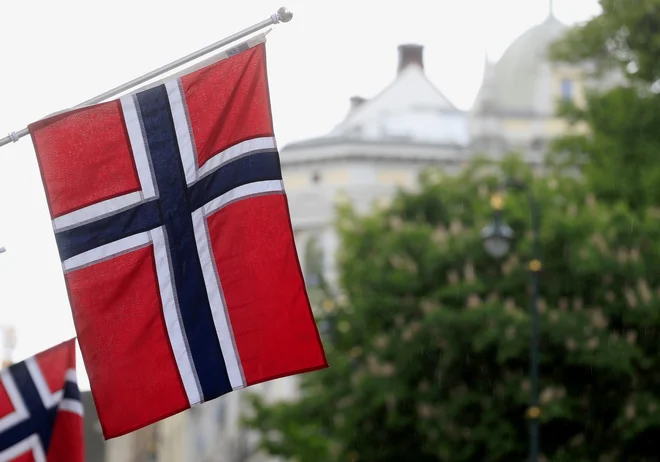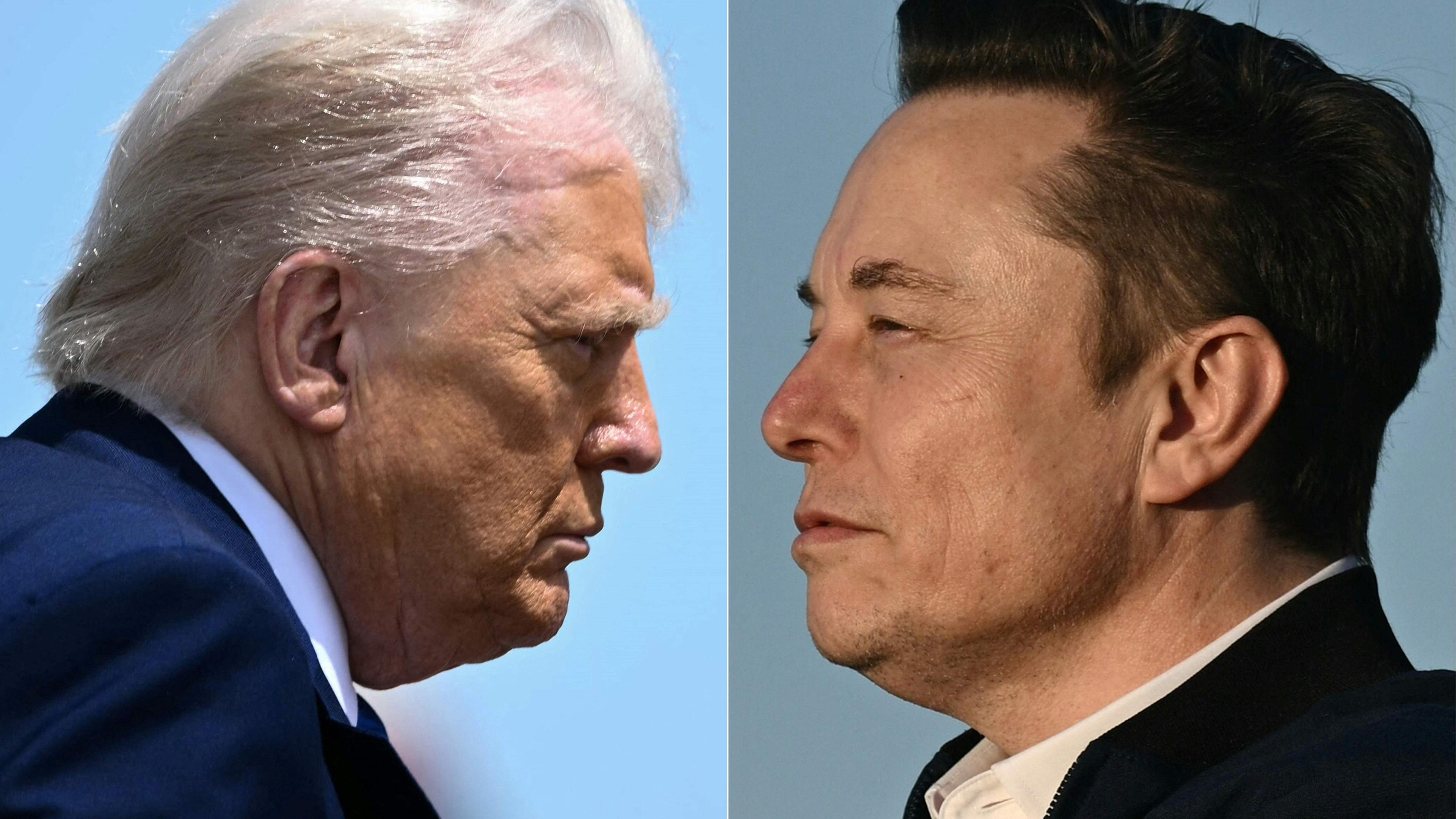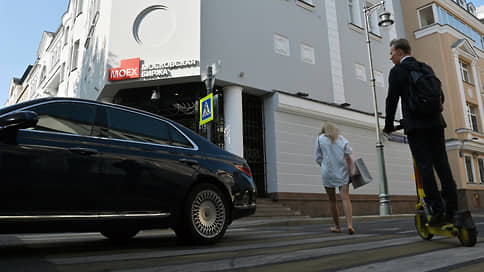In fear of the USA, Russia and China, Norway and Iceland are flirting with the EU

In recent months, in Nordic countries, especially Norway and Iceland, it has been discussed again on a possible approach to the European Union (EU). Changes in global geopolitics, especially the role of the United States under the leadership of the President Donald Trumptriggered a consideration of further orientation of these countries.
Norway has rejected EU membership twice in 1972 and 1994. Nevertheless, it has access to a single market through membership in the European Economic Area (EEA) and participates in the Schengen area. However, current political events are re -opening a debate on full membership.
Opposition leader Erna Solbergwho could become a prime minister after the elections in September this year, is for Financial Times stated that he wanted to « have a word at the table » instead of the current situation where Norway accepts most of the EU rules without its own influence. She emphasized: “If an opportunity to apply will come, we will apply for membership. I believe that Norway would be a better country if it were an EU member. «
Norway has rejected EU membership twice in 1972 and 1994. Photo: Ints Kalnins/Reuters
Nevertheless, the latest opinion polls show that 43 percent of Norwegians are opposed to membership and 37 percent support it. Solberg believes that external threats, such as Trump’s interest in Greenland, could encourage more support for membership. However, he points out that a new debate on the EU could distract from current security challenges.
Iceland: Consideration of continuing accession negotiations
Iceland applied for EU membership in 2009, but in 2013 she terminated the negotiations for concerns about sovereignty and fisheries. Current Prime Minister Kridrún frostadóttir emphasized that Icelanders should decide to continue negotiations for positive economic reasons, not for fear of Trump’s Arctic, writes Financial Times.
The government is planning a referendum by 2027 on the start of negotiations. Frostadóttir said: « It is important that people vote for this because they support this step forward in terms of economy and culture, » he writes Financial Times.
Geopolitical Challenges and Security Care
The re -election of Donald Trump as President of the United States has raised concerns in Nordic countries regarding their security and geopolitical position. Trump’s interest in Greenland and potential territorial ambitions in the Arctic are challenges for the sovereignty and territorial integrity of countries such as Canada and Denmark.

The re -election of Donald Trump as President of the United States has raised concerns in Nordic countries regarding their security and geopolitical position. Photo: Mandel Ngan/AFP
In addition, the increasing interest of China and Russia in the Arctic increases the strategic importance of the region. Because of these factors, Norway and Iceland face the question of how to best protect their interests and security in a changing international environment.
A coalition government has fallen in Norway due to disagreements about EU energy policies. Prime minister Jonas Gahr Støre wanted to implement three EU energy directives, which caused the departure of the Eurosceptic Center Center Party. This left the Labor Party in power as a minority government until the elections in September this year, writes Financial Times.
Public opinion and future perspectives
Despite the current geopolitical challenges of opinion polls, they show that most Norwegians are still opposed to EU membership. According to data Reuters 46.7 percent of Norwegians are opposed to membership, and 34.9 percent support it. Experts believe that a greater crisis or external shock could change public opinion in favor of membership.
In Iceland, however, support for pro -European clients is increasing. Reuters It reports that early elections could lead to a referendum on EU membership in the next four years if pro -European parties won the elections.

Iceland applied for EU membership in 2009, but in 2013 she terminated the negotiations for concerns about sovereignty and fisheries. Photo: Kai Pfaffenbach/Reuters
Norway and Iceland stand at a crossroads where they have to decide their role in Europe. Meanwhile, geopolitical changes and safety challenges are pushing for a re -assessment of their attitude towards the EU.





/s3/static.nrc.nl/wp-content/uploads/2025/06/06205808/web-0606BINspermadonatie.jpg)

